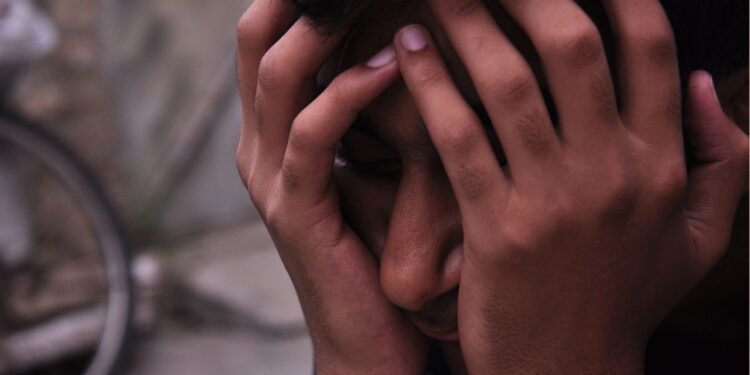Your twenties are supposed to be carefree – “the best time of your life,” as the saying goes. But why do so many 25-year-olds today feel like they’re already in a midlife crisis? Psychologists report that a growing number of twentysomethings are experiencing what’s been dubbed a quarter-life crisis, marked by the same kind of insecurity, disappointment, loneliness, and depression usually reserved for middle age (Strong, 2016). In fact, nearly half of young adults in one study reported feeling they went through such a crisis in their twenties (Strong, 2016). Damian Barr, author of the book Get it Together: A Guide to Surviving Your Quarterlife Crisis, said:
“Growing numbers of 25-year-olds are experiencing pressures previously felt by those in their mid-forties.”
At 25, society tells us we should have it figured out—a career path, financial stability, perhaps even a long-term relationship. But for many, reality looks very different. High living costs, unstable job markets, and mounting student debt make these milestones feel out of reach. A study by LinkedIn showed that 75% of 25–33-year-olds have experienced a quarter-life crisis, mostly due to career anxiety and pressure to succeed early.
On top of that, social media adds a new layer of pressure. We constantly see curated success stories: promotions, engagements, vacations. It’s easy to compare and feel inadequate—even if we’re doing fine by most standards. Researchers have linked heavy social media use to increased feelings of loneliness and depression among young adults.
Job hopping adds to the confusion. While older generations may have stayed in one job for years, today’s youth often change roles frequently in search of purpose and growth. According to Gallup, 60% of millennials are open to new job opportunities at any time, and that number is rising with Gen Z (Adkins, 2024).
All of this leads to an identity crisis: Who am I? What should I be doing? It’s normal at this stage, but it’s also overwhelming—especially when the world expects certainty.
Beneath the surface of career and comparison lies something deeper—a crisis of identity. At 25, many people still don’t fully know who they are or what kind of life they want. Psychologists call this phase “emerging adulthood,” where people are no longer adolescents but not yet fully settled into adult roles.
Yet the world around us often expects certainty—a five-year plan, a committed relationship, a defined career path. This mismatch creates internal conflict. It’s hard to make peace with not knowing when everyone around you seems so sure. And ironically, our hyperconnected lives can make us feel more isolated. Despite being always online, studies show that loneliness peaks in the late teens and twenties.
Yet, this isn’t just a personal issue. The mental health of young adults is declining. A Harvard study found that over 50% of people aged 18–25 suffer from anxiety or depression. And often, this struggle is invisible.
So, if so many of us are quietly overwhelmed at 25, maybe it’s time we ask: Are we chasing the wrong timelines—or living under the weight of expectations we never chose in the first place?


